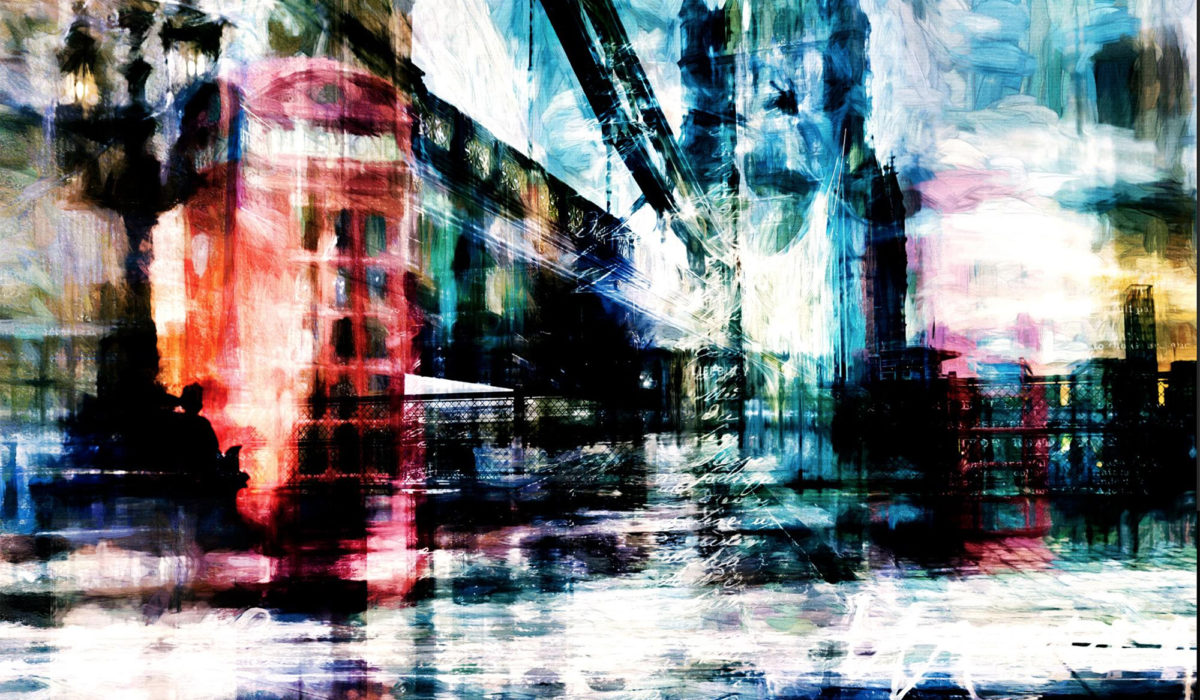“The common thread that links creators is how they spend their time. … There are few overnight successes and many up-all-night successes.”
Powerful. And true.
Some quotations strike a particular chord with me and I find myself returning to them again and again, often rewriting them in one journal after another. This is one of them. Here it is in full:
“Time is the raw material of creation. Wipe away the magic and myth of creating and all that remains is work: the work of becoming expert through study and practice, the work of finding solutions to problems and problems with those solutions, the work of trial and error, the work of thinking and perfecting, the work of creating. Creating consumes. It is all day, every day. It knows neither weekends nor vacations. It is not when we feel like it. It is habit, compulsion, obsession, vocation. The common thread that links creators is how they spend their time. No matter what you read, no matter what they claim, nearly all creators spend nearly all their time on the work of creation. There are few overnight successes and many up-all-night successes.” ~ Kevin Ashton
Amen. Truth is, there’s no shortcut. Becoming highly proficient (much less masterful) at any creative pursuit takes, above all else, long and repeated periods of deep focus. You just have to put in the time.
But more than that. You have to put in time without distraction or interruption.
This is why I encourage artists to turn off their phones, turn off email, shut browser windows, deactivate Facebook notifications … and as much as possible put the world around them on hold when they sit down to immerse themselves in their creative work.
Most artists seem to inevitably turn out their best work and make their greatest advances when they give entire weekends (or at least entire days or afternoons) to their Muse.
Personally, I think the minimum block of time is approximately one hour. And if you can get in two (or three, or four) of them in a day, all the better. In my case, I try to work in 50-minute highly-focused sessions, followed by a 10-minute refresher (get a drink, goof around with the cats, take a quick walk around my deck) before sitting back down and throwing myself into the next 50-minute block.
But the important thing is, those blocks are blocks of absolute focus. No distractions. No fiddling around with email or looking in on Facebook or watching something on YouTube. And no monkeying with trivial tasks like sorting images or formatting documents either.
Those creative blocks are for CREATING. Nothing else. All the other little stuff can wait until later.
In short, when you need to get in the zone, GET THERE. When you are sitting down to create, do just that, only that: CREATE.
Those are your most important blocks of time I think. It’s in in those blocks that deep focus occurs. That’s when your creative work is golden and you you make the greatest strides.
But there’s something further to consider. Because if you are going to be an artist (whether photo-artist, painter, writer, musician, choreographer), your creative work must inevitably extend beyond those stretches of distraction-free intense work.
“Creating consumes. It is all day, every day.”
Which is one of the reasons I’m such an advocate of carrying a journal. Whether you use an actual journal or a digital one (I’m partial to both: I adore my Circa journal and Mont Blanc pen, but I also love writing in the program Scrivener) the important thing is to train yourself to SEE ART EVERYWHERE, and get in the habit of EXPLORING IT. In writing or sketches ideally, but doesn’t necessarily have to be. Main thing is, you should be THINKING about your art all the time. Even if only tangentially, it should continually be cropping up in your mind.
Again and again throughout your day, you should be turning inward and exploring your imaginative landscape for new ideas and unexpected connections, exciting possibilities. Your imagination should be ON.
A great photographer is always musing over light and form and composition.
A great writer is always listening to the voices in his head and toying with words and ideas.
A great painter is forever trembling to take up a pencil or a brush …
If you wish to become a serious artist, I encourage you to cultivate your passion. Stop compartmentalizing it. Let it consume you. Think about it constantly. BE the artist you wish to be.
And then, when you sit down to work — sit there and WORK.
Put in the hours. No distractions, no interruptions. Even if it’s only 20 minutes at a go. But ideally try to find largish blocks of time you can lose yourself in. Develop your ability to slip into that divine state of FLOW, and let it carry you.
Not only will you enjoy a more exciting artistic life, but you will find your skills accelerating like never before.
Dabbling at something will never do you much good. It just won’t.
But wholly immersing yourself in your creative work — repeatedly, regularly, with intensity and complete focus — will open to you a creative life like no other …
Not promising it will be easy.
But I can promise you it will be amazing.
– Sebastian

